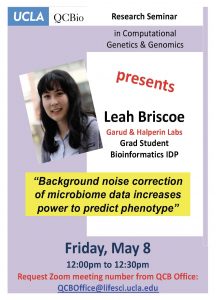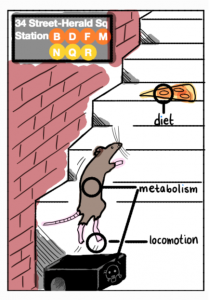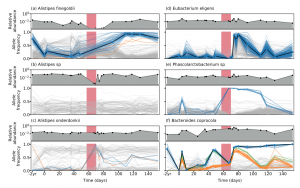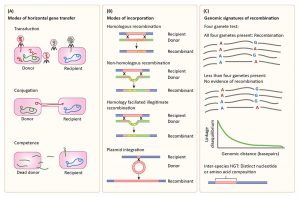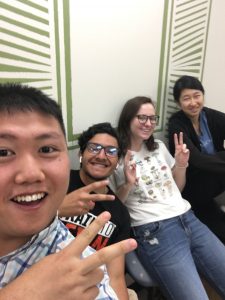New paper on BioRxiv: Detection of hard and soft selective sweeps from Drosophila melanogaster population genomic data
Check out our latest paper on BioRxiv: https://www.biorxiv.org/content/10.1101/2020.06.20.163261v1
Whether hard sweeps or soft sweeps dominate adaptation has been a matter of much debate. Recently, we developed haplotype homozygosity statistics that (i) can detect both hard and soft sweeps with similar power and (ii) can classify the detected sweeps as hard or soft. The application of our method to population genomic data from a natural population of Drosophila melanogaster (DGRP) allowed us to rediscover three known cases of adaptation at the loci Ace, Cyp6g1, and CHKov1 known to be driven by soft sweeps, and detected additional candidate loci for recent and strong sweeps. Surprisingly, all of the top 50 candidates showed patterns much more consistent with soft rather than hard sweeps. Recently, Harris et al. 2018 criticized this work, suggesting that all the candidate loci detected by our haplotype statistics, including the positive controls, are unlikely to be sweeps at all and instead these haplotype patterns can be more easily explained by complex neutral demographic models. They also claim, confusingly, that these neutral non-sweeps are likely to be hard instead of soft sweeps. Here, we reanalyze the DGRP data using a range of complex admixture demographic models and reconfirm our original published results suggesting that the majority of recent and strong sweeps in D. melanogaster are first likely to be true sweeps, and second, that they do appear to be soft. Furthermore, we discuss ways to take this work forward given that the demographic models employed in such analyses are generally necessarily too simple to capture the full demographic complexity, while more realistic models are unlikely to be inferred correctly because they require fitting a very large number of free parameters.
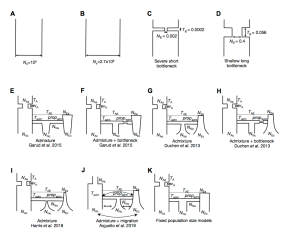
Demographic models tested in this paper

